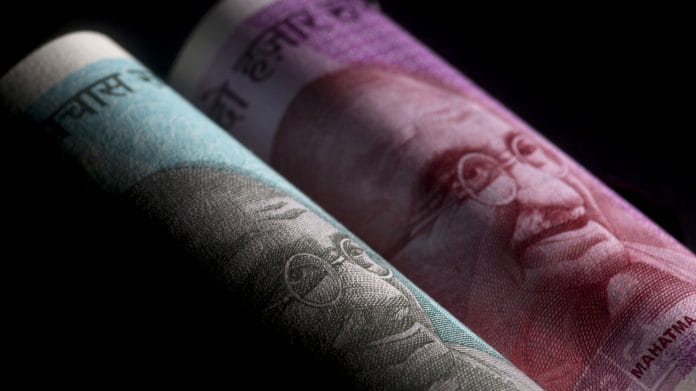Anxiety about elevated inflation is giving way to apprehension about the cost of suppressing it. A growing number of voices stress the need to preserve the global economic recovery. Can officials hike rates without chancing a recession?
There’s little dispute that higher interest rates are coming, or that they are warranted. Quiescent for the preceding decade, inflation has soared through the targets set out by some of the world’s most important central banks. It’s unlikely to return to more comfortable levels on its own. Failure to respond would be reckless and deny the utility of those same targets — a totem of monetary policy for years. But the risks of overreacting are real and have been amplified in the past week. If January was all about a race to forecast the highest borrowing costs and how fast officials could get there, February is the month of pushback.
European Central Bank President Christine Lagarde warned rushing could be harmful. “If we acted too hastily now, the recovery of our economies could be considerably weaker and jobs would be jeopardized,” she told a German news outlet last week. Her ECB colleague Olli Rehn was blunter: “If we reacted strongly to inflation in the short term, we would probably cause economic growth to stop,” he said in an interview on Finnish television Saturday. Top brass at the Reserve Bank of Australia and Bank of Japan have warned investors off premature moves.
The Federal Reserve is usually among the first to lift borrowing costs and is widely projected to do so next month. But the central bank has whipsawed markets, with St Louis Fed President James Bullard saying that he favors raising the benchmark rate by a full percentage point by the start of July, including one half point move. That view doesn’t yet appear to be widely held, though nobody from the Fed’s leadership has outright disavowed it. The inability to provide detailed forward guidance — a level of investor hand-holding that authorities have turned into art form over the past two decades — has been a casualty of the inflation jump.
A new slump would be a bitter price to pay. Covid-19 led to a steep drop in global output in 2020 and China and Japan are still mired in sluggish growth. The argument for moving swifter, sooner has been fueled in part by analogies with the era of Paul Volcker, who chaired the Fed from 1979 to 1987. (Consumer prices in the U.S. climbed 7.5% in January from a year earlier, the most in four decades.) Volcker is rightly credited with reining in very high inflation. What’s sometimes glossed over is that he did so by engineering a deep recession. In hindsight, the ends appear to have justified the means. The Fed chief was a figure of enormous controversy: protesters occupied the front of the bank’s headquarters, Volcker became a household name and he even got death threats. The jobless rate approached 11%, while the economy shrank in 1980 and 1982.
Are today’s policy makers really prepared to generate this kind of downturn? There are grounds for skepticism. “The Fed, having a dual mandate, seems unlikely to tighten aggressively to bring inflation down to its 2% target quickly and risk a recession,” Roberto Perli and Benson Durham, former Fed staff now at Cornerstone Macro, wrote in a note Tuesday. “Rather, the Fed may be satisfied with inflation in the neighborhood of 3% for at least a while. If that’s the case, it would have much less need to tighten a lot this year than the market thinks.”
That would be a relief for monetary authorities around the world, who often are at pains to say they aren’t tied to the Fed, but who in practice tend to move in the same direction. Saving the village may not yet mean its destruction. – Bloomberg
Also read: Inflation will be exactly what people think it will be






